Introduction
As parents, we are constantly seeking ways to support our baby’s development. One common question is whether baby walkers are beneficial for helping babies learn to walk. In this article, we will explore the effects of baby walkers on walking development, discussing the pros and cons, and providing expert opinions. Let’s dive in!
What are baby walkers?
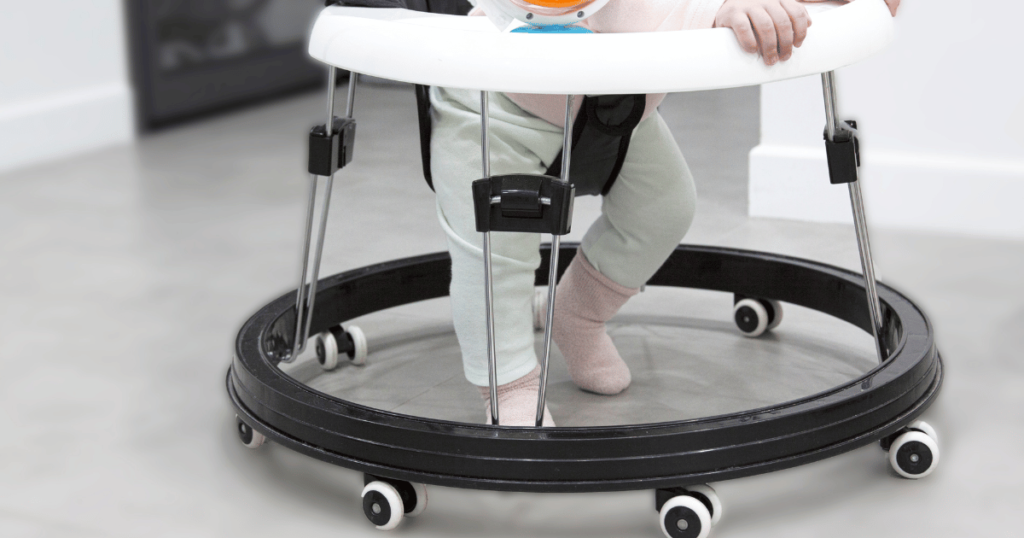
Baby walkers are devices with a suspended seat, allowing babies to sit and use their feet to move around. These devices are equipped with wheels, making it easy for babies to glide across the floor. Walkers often come with toys and activities to keep babies entertained.
The Appeal of Baby Walkers
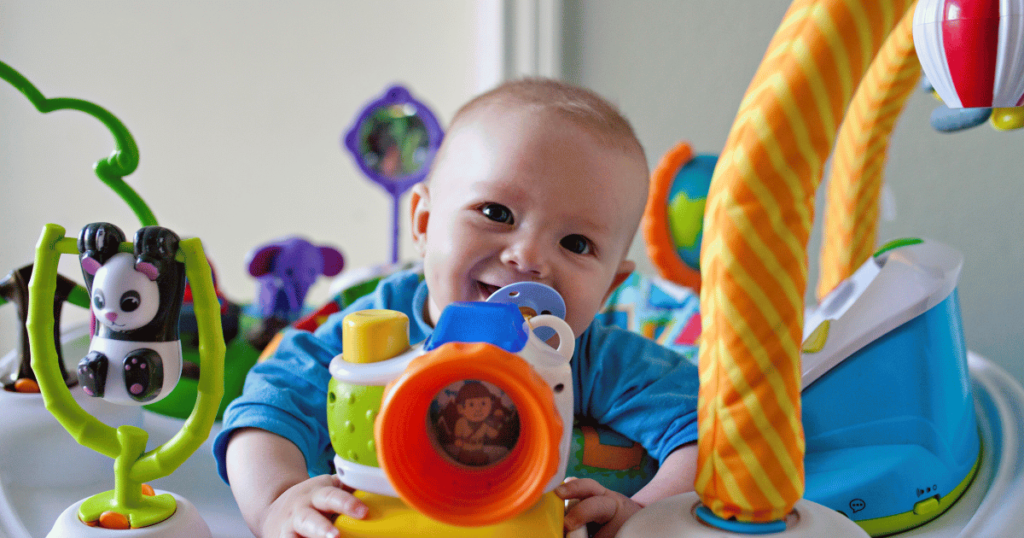
Many parents believe that baby walkers help their children learn to walk faster. Walkers provide mobility and give babies a sense of independence. They can explore their environment more freely, which can be exciting for both babies and parents.
Do walkers really help babies learn to walk?
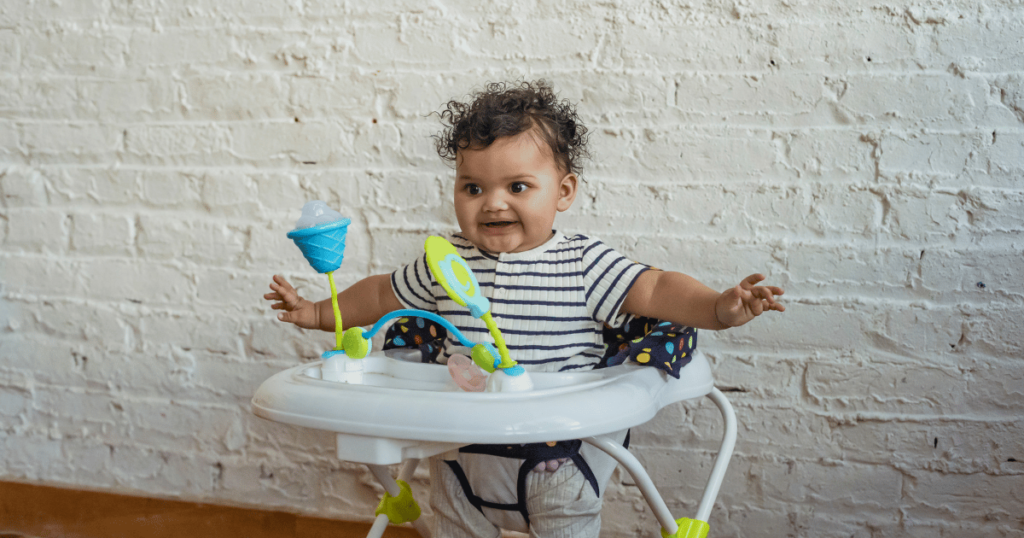
Despite the popularity of baby walkers, research suggests they might not be as beneficial as we think. In fact, several studies have shown that baby walkers can delay walking development.
Delayed Walking Development
Contrary to popular belief, baby walkers may actually delay a baby’s ability to walk independently. According to the American Academy of Pediatrics (AAP), using a baby walker can delay motor development milestones, including sitting, crawling, and walking.
Safety Concerns
Baby walkers can be hazardous. They allow babies to move quickly, increasing the risk of accidents. Babies can tip over, fall down stairs, or reach dangerous objects. The AAP strongly advises against using baby walkers due to these safety risks.
Expert Opinions on Baby Walkers
Many experts agree that baby walkers do not help with walking development. Here are some insights from professionals:
- Dr. Alan Greene, Pediatrician: Dr. Greene emphasizes that walkers can interfere with a baby’s natural walking process. Babies learn to walk by pulling themselves up, balancing, and taking small steps. Walkers skip these crucial stages.
- Dr. Andrew Adesman, Chief of Developmental and Behavioral Pediatrics: Dr. Adesman points out that walkers do not help babies learn to walk. Instead, they can delay walking and pose safety hazards.
- American Academy of Pediatrics: The AAP has called for a ban on baby walkers due to safety concerns and their negative impact on development.
What are the safer alternatives to baby walkers?
If baby walkers are not recommended, what alternatives can parents consider? Here are some safe options to support your baby’s walking development:
#1 Stationary Activity Centers

Stationary activity centers provide a safe place for babies to play and explore. These centers are designed to support motor skills development without the risks associated with walkers. They often come with interactive toys to keep babies engaged.
# 2 Playpens and Play Mats
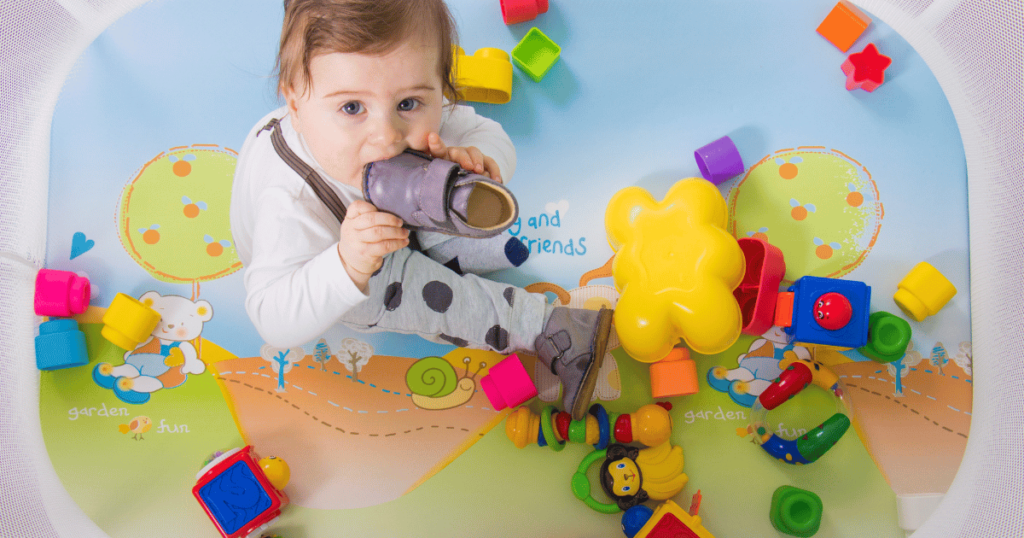
Playpens and play mats offer a safe space for babies to practice crawling, pulling up, and walking. These areas are free from hazards, allowing babies to develop their motor skills naturally.
#3 Push Toys
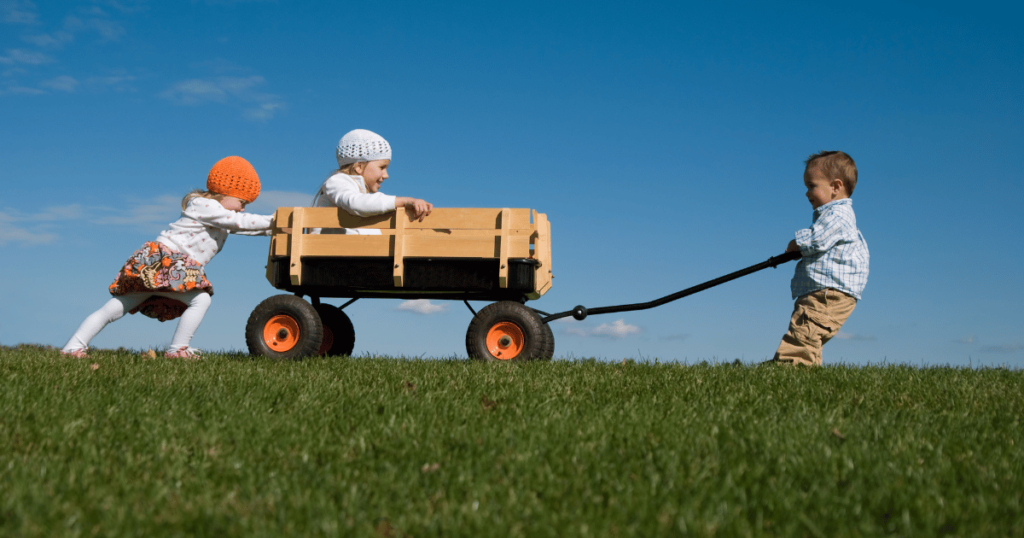
Push toys are excellent for helping babies develop their walking skills. These toys encourage babies to stand, balance, and take steps while providing support. Look for sturdy push toys with a wide base for stability.
Tips to Encourage Walking Development
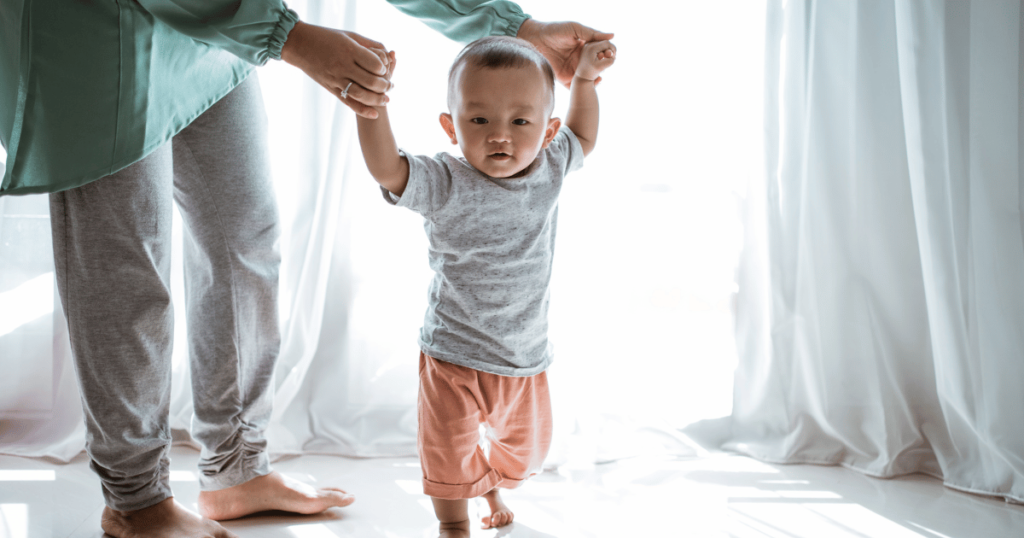
Encouraging walking development involves providing opportunities for your baby to practice and explore. Here are some tips:
- Tummy Time: Encourage tummy time to strengthen your baby’s muscles. Strong muscles are essential for crawling and walking.
- Encourage Crawling: Crawling is an important milestone that helps babies develop coordination and strength. Place toys just out of reach to encourage crawling.
- Create a Safe Environment: Make your home safe for exploration. Remove hazards and create a safe space where your baby can pull up, cruise, and take steps.
- Supportive Shoes: When your baby starts walking, choose supportive shoes that fit well. Proper footwear can help with balance and stability.
- Praise and Encouragement: Encourage your baby with praise and positive reinforcement. Celebrate each milestone to build confidence.
Final Thoughts
While baby walkers may seem like a fun and helpful tool, they are not recommended for walking development. Research and expert opinions suggest that walkers can delay milestones and pose safety risks. Instead, consider safer alternatives like stationary activity centers, playpens, and push toys. By providing a safe and supportive environment, you can help your baby develop their walking skills naturally.
For more information on child safety and development, visit the American Academy of Pediatrics website and read expert advice from Dr. Alan Greene.
Investing in safe and developmentally appropriate products can make a significant difference in your baby’s growth. Always prioritize safety and follow expert guidelines to support your child’s healthy development.
Other Resources
- American Academy of Pediatrics (AAP)
- BabyCenter
- What to Expect
- Verywell Family
- Parents
- Mom Loves Best
More to Read
- How to bathe a newborn baby in 13 steps: The comprehensive guide
- Getting the temperature just Right: A guide to baby bath water
- Bath Time: How often should you wash your little one
- Baby Bathtubs: The Best 5 Ways to Store Baby Bathtubs in 2024
- 4 Steps to Choose a Collapsible Baby Bathtub in 2024
- The Best 5 Baby Bathtubs for Small Space in 2024
- The Best 5 Inflatable Baby Bathtubs In 2024


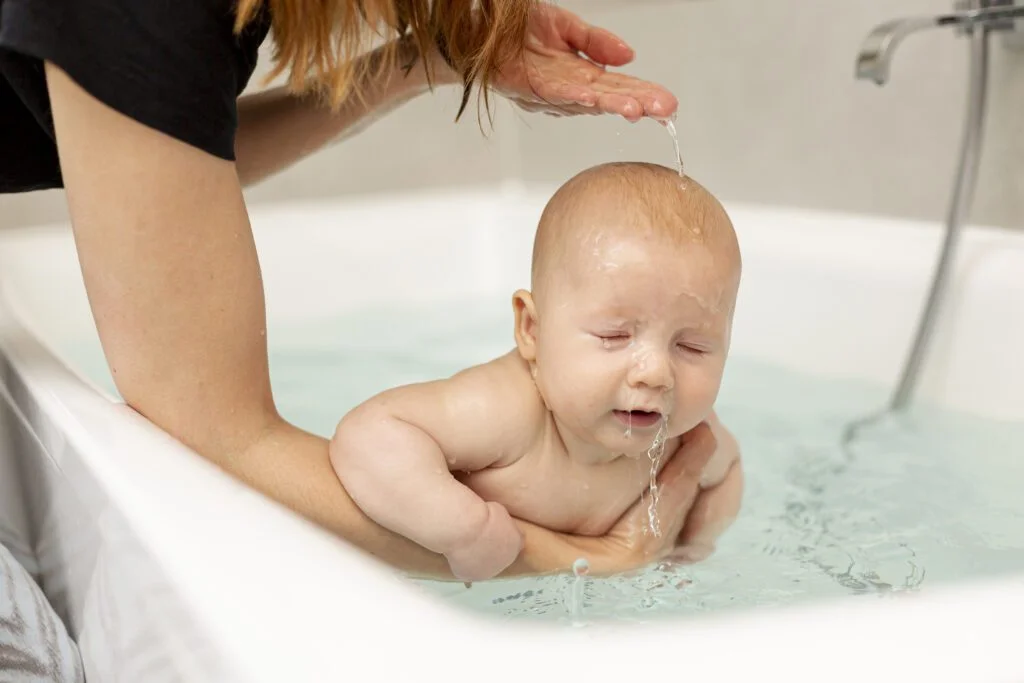

Hello very nice website!! Guy .. Excellent .. Amazing ..
I’ll bookmark your blog and take the feeds additionally?
I am glad to find a lot of useful information right here within the publish,
we’d like develop more strategies on this regard, thanks for sharing.
. . . . .!